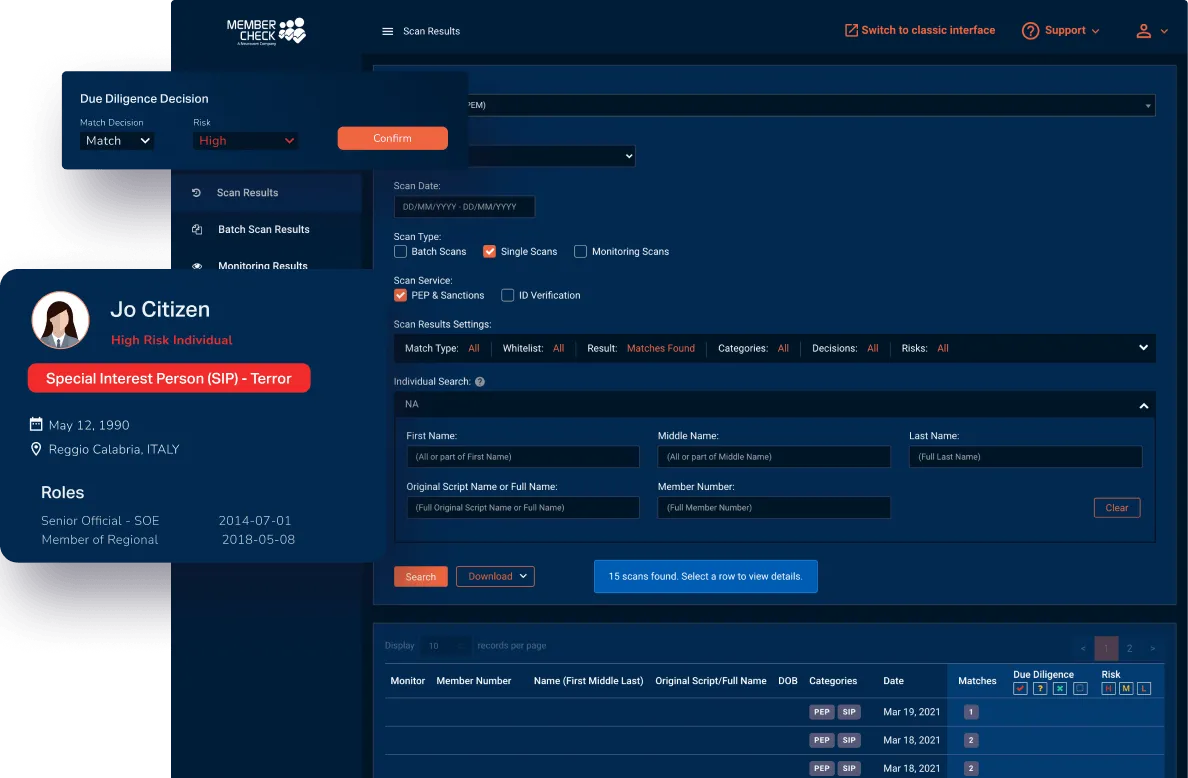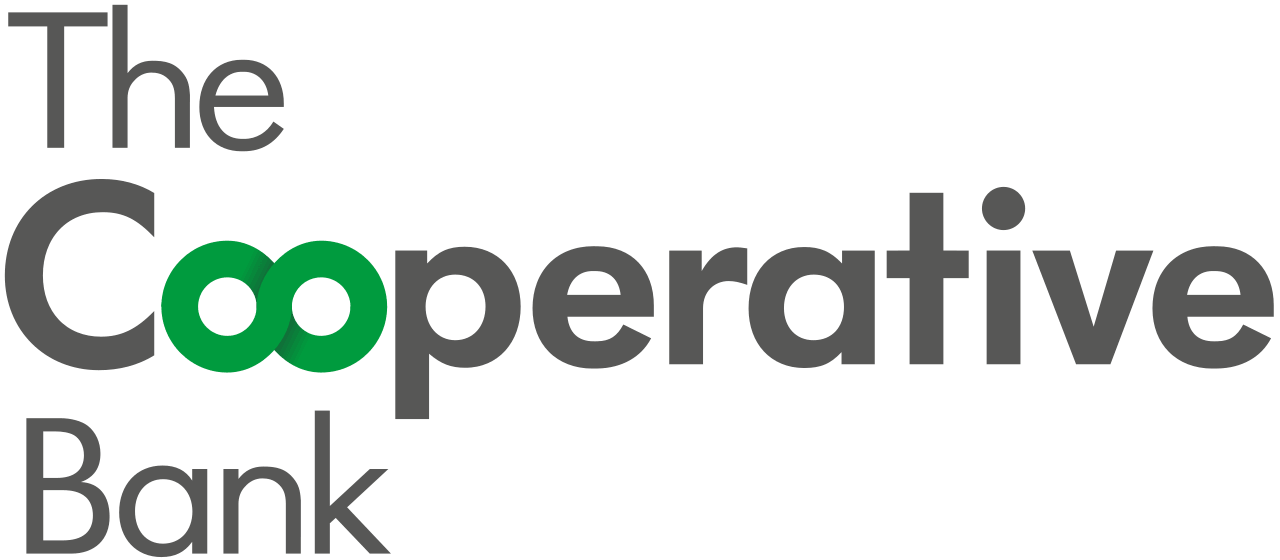


AML/CFT Supervisors in Albania

The Financial Supervisory Authority (FSA)
The Financial Supervisory Authority (FSA) is an independent public institution responsible for the regulation, licensing and supervision of entities in the fields of insurance, securities and voluntary pension funds. This includes supervision of entities AML/CFT compliance.
The General Directorate for the Prevention of Money Laundering (GDPML)
The Office of Foreign Assets Control (OFAC) operates at national level and is the main authority for AML/CFT policy-making and implementation in practice.
The Coordination Committee for the Fight Against Money Laundering (CCFML)
The Coordination Committee for the Fight Against Money Laundering (CCFML) is charged with the planning and general direction of AML/CFT policy and meets at least once a year.
The Albanian State Police (ASP)
The Albanian State Police (ASP) is responsible for fighting crime and for ensuring public order and the integrity of the borders.
The General Prosecutor's Office (GPO)
The General Prosecutor's Office (GPO) is the authority that exercises criminal prosecution and brings charge trials in the name of the state.
The General Directorate of Customs (GDC)
The General Directorate of Customs (GDC) cooperates with other law enforcement structures and sends reports to the prosecutor's offices for criminal offences identified in the customs area.
The Bank of Albania (BOA)
The Bank of Albania (BOA) is the country's central bank and the regulator, licensor and supervisor of the banks in Albania, monitoring and ensuring compliance with AML/CFT requirements from part of the BOA's supervisory functions.
How to comply with AML obligations in Albania?
The AML/CFT obligations in Albania apply to the following entities:
Banks, non-banking financial institutions, exchange offices, savings and credit companies and their unions, postal services that perform payment services, stock exchange, companies involved in life insurance or re-insurance, gambling, casinos, lawyers, public notaries and other legal representatives, financial consulting offices, approved independent accountants and real estate agents.
As a reporting entity in Albania you are required to comply with the following:
Apply customer due diligence measures
Build processes for identifying, measuring, monitoring and mitigating risks arising from money laundering and financing terrorism in order to implement a risk based approach. These processes should be supported by policies, procedures, dedicated structures, training and control systems that effectively identify and manage risk exposure
Implement adequate and appropriate AML/CFT systems including policies and procedures
Continuously monitor the business relationship with the customer, based on the transactions profile, customers profile and exposure against geographical risk
What are my AML/CFT Reporting obligations?
There is an obligation to report to the responsible authority whenever you have reasonable belief or suspect that the transaction required to be carried out by the client or another person may include proceeds of crime, or terrorism financing of funds deriving from criminal activity. This must be reported immediately.
How can MemberCheck Help?
Our clients are provided with a secure and simple solution in regard to scanning for politically exposed or high-risk individuals, as well as checking names against sanction, regulatory, law enforcement, and other official lists.
Use our sophisticated scan filters and due diligence workflow to minimise the amount of time you spend sorting through, false matches. Scan results and reporting sections allow you to access customer details, whenever and wherever required, as well as download reports, to customise for further investigation or to provide evidence of your AML program compliance for auditing purposes.









* This page is intended as general information only and should not be relied on as the sole source of information for your AML obligations and AML program. Please visit your local regulatory authority sites for the latest relevant and full information.


























